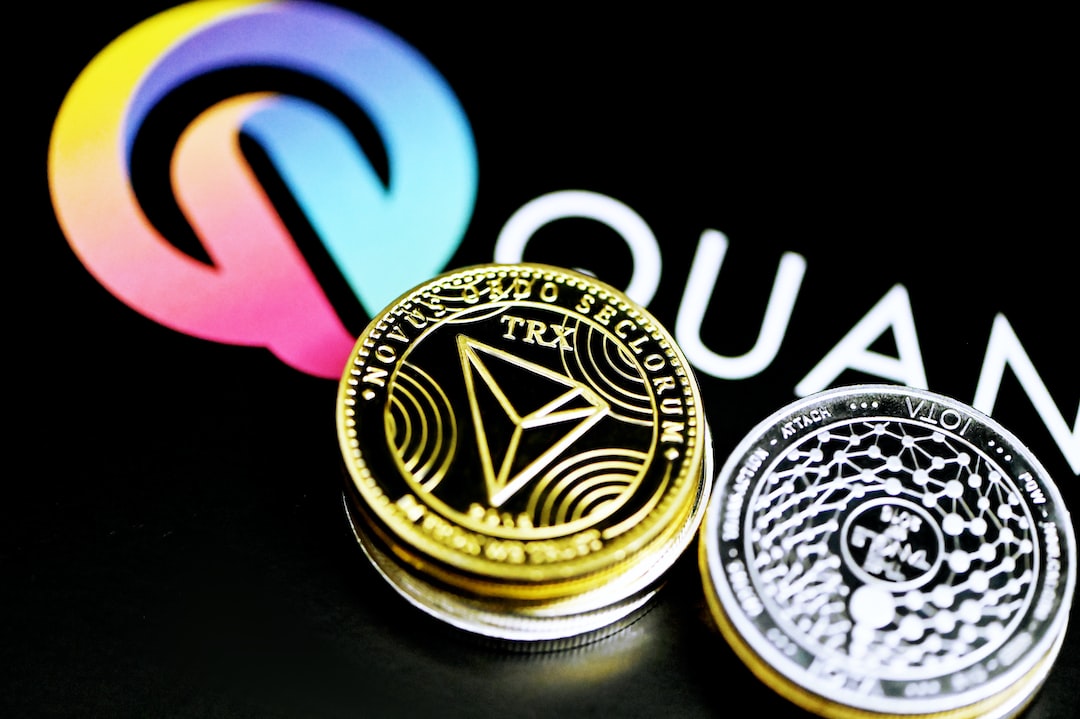The dYdX Foundation Publishes Guidelines for Validators and Stakers
The dYdX Foundation, the organization behind the dYdX decentralized exchange, has released a list of guidelines and requirements for validators and stakers. These guidelines aim to ensure maximum user protection and enhance the dYdX ecosystem. Here are the key points:
1. Good Practices for Validators: The list outlines six categories of good practices, including MEV, performance, operations and security, transparency, governance participation, and dYdX ecosystem considerations. Validators should maintain high uptime, ensure consistent mempools, and minimize slashing risk.
2. Security Practices: Validators must properly store their keys in a secure location and implement an alert system for critical issues. They should also participate in testnets and operate nodes through a legal organization.
3. Emphasis on Transparency: Validators and stakers are encouraged to engage with the dYdX community and provide regular updates on their operations. Transparency includes disclosing information about location, redundancy, security, performance, uptime, and rewards distribution.
4. Strong Stand Against MEV: The post explicitly states that validators must not engage in any MEV-related activities. Those involved in MEV practices will face punishment, and delegates supporting such validators may also face repercussions.
5. dYdX Chain Migration: The notice comes as dYdX prepares to transition from the Ethereum network to a Cosmos-based dedicated appchain. The second public testnet for the dYdX chain was launched in August.
Hot Take:
The dYdX Foundation’s guidelines for validators and stakers demonstrate their commitment to user protection and the growth of the dYdX ecosystem. By emphasizing transparency and discouraging MEV practices, they aim to foster responsible participation and decision-making. This move aligns with the ongoing migration of dYdX to a dedicated appchain, showcasing the platform’s evolution and potential for further development in the decentralized exchange market.





 By
By

 By
By
 By
By
 By
By
 By
By